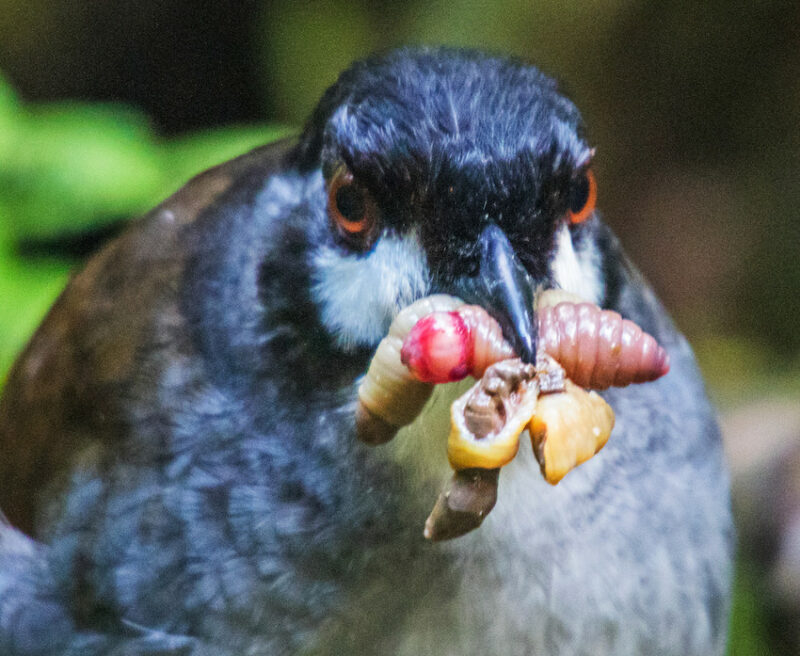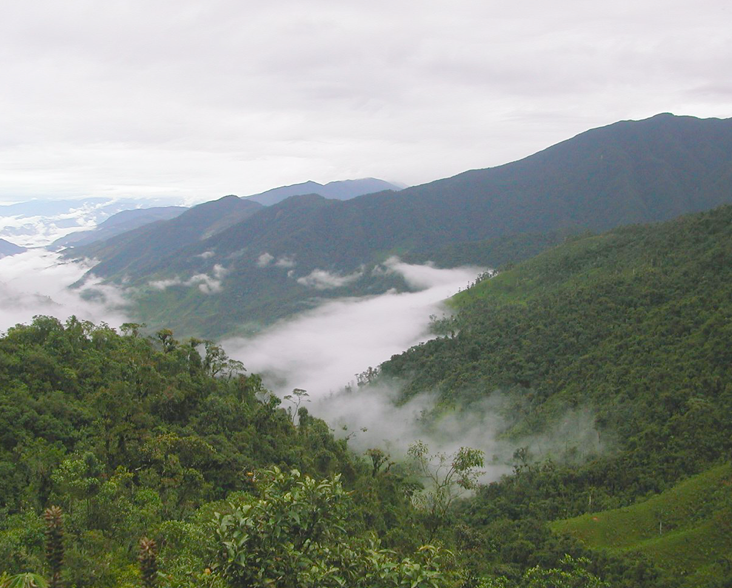Jocotoco Antpitta
Species Data
Class: Aves
Order: Passeriformes
Family: Formicariidae
Scientific Name: Grallaria ridgelyi
IUCN Red List status: Endangered
Description
The Jocotoco Antpitta is a rare and poorly known species first discovered in Ecuador in 1997. The name Jocotocois onomatopoeic for the Antpitta’s song and the species name ridgelyi is after Dr Robert Ridgely who discovered the bird.
When world-renowned ornithologist Bob Ridgely heard a distant, but strong hoot, not unlike that of an owl, he stopped in his tracks – this wasn’t a sound he recalled. A couple of seconds later a big bird came crashing out of the undergrowth which he didn’t recognise either. In fact, as he recalls, “It was stunningly different”. It turned out to be a bird previously unknown to science – an entirely new and quite distinctive species of antpitta, whose distinctive call subsequently gave the bird its name.
Behaviour
Antpittas are shy, strange-looking birds with a round body usually the size and shape of a grapefruit, and legs which they use like pogo sticks to hop across the forest floor. The Jocotoco Antpitta (as it was to be called) is uncharacteristically large – about the size of a small melon – and how it avoided identification for so long remains a mystery. They belong to the antbird family – so-called because some species follow army ants, picking at the smaller insects that the ants disturb as they march across the forest floor.


Habitat
The Jocotoco Antpitta was found in bamboo thickets in wet montane forest along the trail to Quebrada (River) Honda on the Slopes of Cerro Tapichalaca on the eastern (Amazonian) slope of the Andes. It is a highly secretive bird with a habitat limited to an altitude range of ca. 2700-2200m. It lives only in wet moss-covered forest characterised by the presence of Chusquea bamboo and Silvery-leaved Cecropia trees.
The area where the Jocotoco Antpitta was discovered is now part of Fundación Jocotoco owned and managed Tapichalaca Reserve, which protects an unusually wet area of temperate-zone forest on the east slope of the Andes. In addition to almost the entire known population of the Jocotoco Antpitta, ten other Red Data Book bird species are also present here, as well as over 30 species of orchid found only in this reserve.
Threats and Conservation
That such a distinctive species went unnoticed until 1997 suggests that it has a very limited geographical distribution and/or specific habitat requirements. The Jocotoco Antpitta is indeed known from very few locations and has an extremely small range in which habitat destruction and degradation are occurring. The bird is therefore classified as Endangered.
